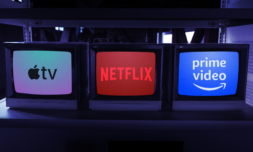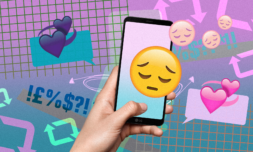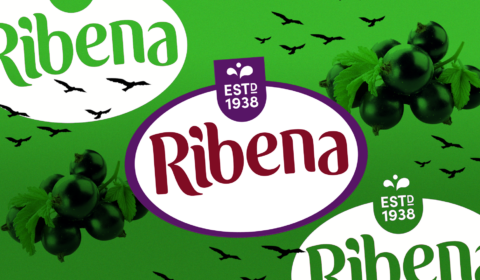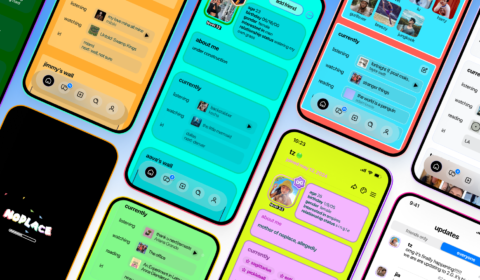Launching in lockdown has proved a fatal miscalculation for mobile centric streaming service Quibi.
Six months ago, at the height of the first COVID-19 lockdown, veteran execs Jaffrey Katzenberg and Meg Whitman boldly opted to launch a mobile-centric streaming service called Quibi.
Spurred by a clear consumer demand for short-bite TikTok-esque content, the pair rapidly sunk a whopping $1.8 billion into both capital and star power including $63 million on advertising alone. However, after less than a year in the wild and ‘exhausting all available options’, Quibi today joins a long list of failed streaming ventures as one of the shortest-lived to date, according to The Wall Street Journal.
Back in June, we at Thred predicted that Quibi would struggle to achieve its lofty ambition of ‘ushering in a third film narrative’ designed for and exclusive to mobile phones. Mere months into launch it was failing to meet even 30% of its expected viewership, and we deduced that Quibi was probably more likely to be fighting obscurity than breaking boundaries in the back end of 2020.
But, with such huge financial backing, we didn’t see seniors willing to throw in the towel so early.
After all, the initial signs for Quibi were unerringly positive. It had secured a roster of big-name talent to bring real gravitas to its original content, including Steven Spielberg, Jennifer Lopez, , Idris Elba, Bill Murray, Sophie Turner, and Laurence Fighburne – whose lead role in police drama #FreeRayshawn even secured an Emmy award win for the platform.



















